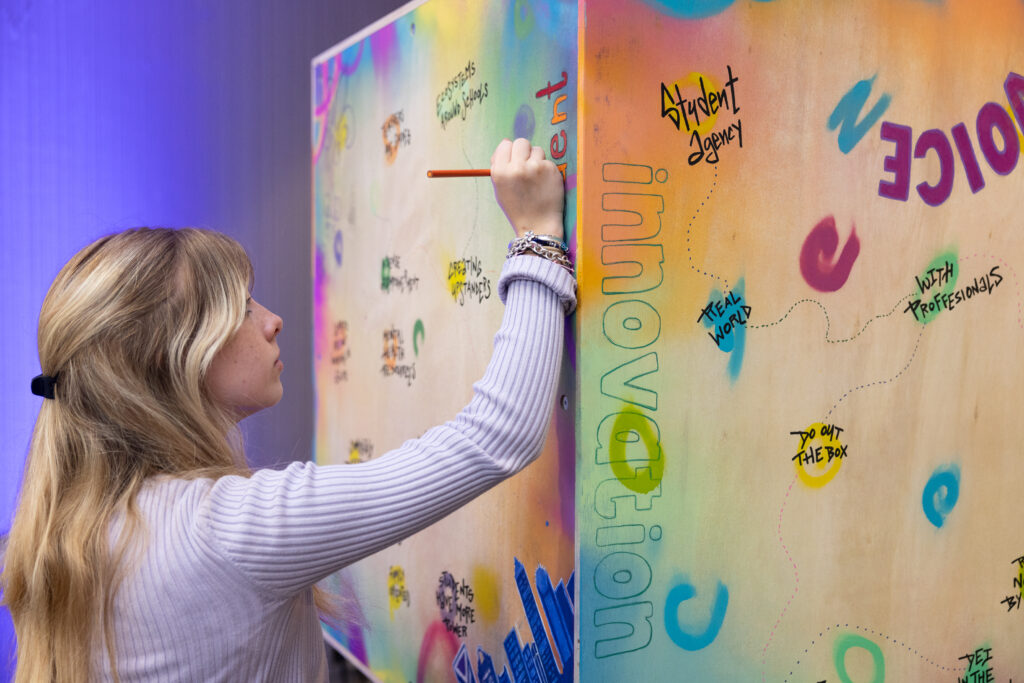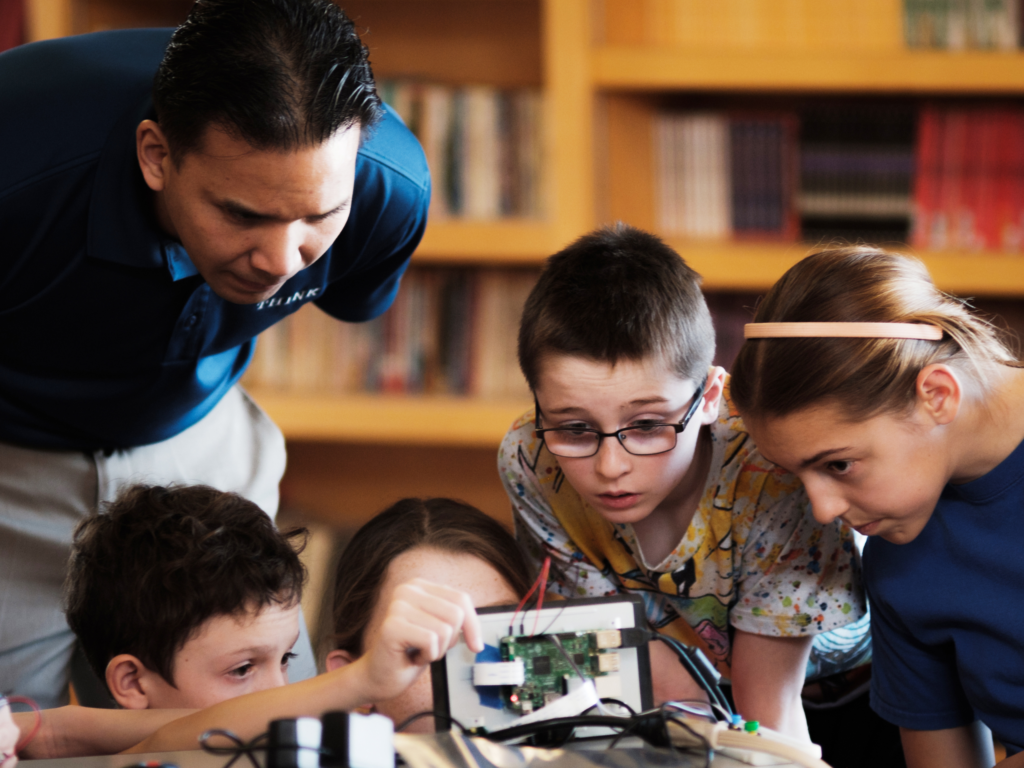
On May 19th we’re gathering to talk about the innovative processes and practices in education that will lead to the kinds of breakthrough results that eliminate long standing achievement gaps by income and race. Last month, McKinsey’s Social Sector office released this report on the devastating effects that the achievement gap has on the economy. Among other things, the report points out that the persistence of these educational achievement gaps imposes on the United States the economic equivalent of a permanent national recession.
Note: The managing director of McKinsey’s Social Sector work, Byron Auguste will join us in the afternoon at the Summit to moderate a discussion between Rick Hess and David Coleman titled “New American Standards and 21st Century Assessments.”
But there’s another challenge we’re also wrestling with as a nation: Closing the Innovation Gap. This aptly titled book by Judy Estrin, the former chief technology officer for Cisco Systems, points out that America’s science and technology industries – once emblematic of true innovation – are falling behind the rest of the world. Estrin walks through the tenets of an ecosystem that encourages innovators and offers ways we might reignite broad innovation. Can we apply this model to education?
Also, listen to her interview on NPR explaining the history of scientific innovation since WWII and even talking to a concerned parent about what the innovation gap means for his child.


